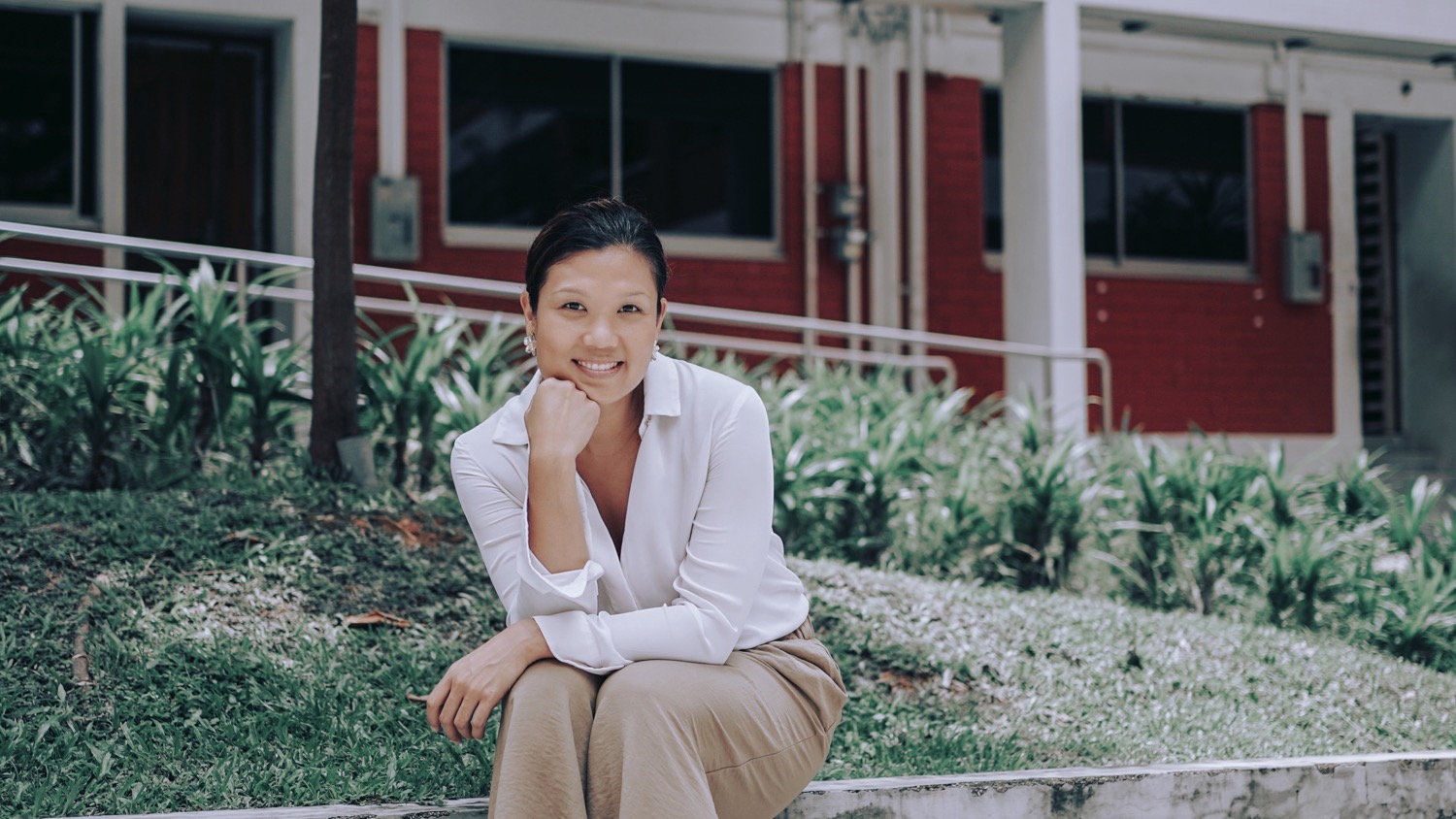What is a doula?
- Jamielene Fernandez

- Sep 29, 2020
- 3 min read
The word "doula" is Greek, meaning servant woman. These days doulas are also called birth coaches, birth supporters and birth companions. Essentially, the origin of doulas stemmed from women birthing with older, experienced ladies who had acquired these skills from women before them.
Thinking about it, there was probably a doula in every culture of every society.
I remember my mother telling me how she laboured in an orange orchard in Costa Rica with the local, village midwife as her birth partner.
My paternal grandmother birthed in hospital where my uncles and aunt were delivered in the loving arms of a midwife (who was also, on some occasions, a nun) who would have been there throughout labour for assistance and comfort.
Her mother before her, birthed in the comfort of her own home, under the watchful eye of a fellow neighbour in the 'kampong'. The women would gather, in support of the woman in labour - some would assist in babysitting, others would help keep the house in order. After the birth of her baby, those who lived in the neighbourhood would then contribute in a community effort to support the family who had just welcomed their little one through offering to cook dinner, carry out basic household chores or getting the other children to school.

These women probably didn't go by a named profession like "doulas" or "midwives" but were probably just known by name.
Doesn't this sound akin to what we refer to as labour or birth and postpartum support?
So, what does a doula, do?
Well, let's start with what a doula DOESN'T do:
A doula is NOT a medical professional. This means that we do not and are not in any position to provide any medical advice, diagnosis, nor perform any medical examinations (from doing a vaginal examination to taking your blood pressure - side note: this list is non-exhaustive).
Catching your baby is also something that we are not supposed to do.
These last 2 are my absolute favourites:
We also do not make decisions on our clients' behalf, and while we may offer options, we cannot sway or pressure you into making a decision.
AND
We do not take the place or role of your partner.
The primary role of a doula is to provide continuous support to the person in labour and her partner, regardless of the choices made and the kind of birth that she chooses to have. It is this safe, non-judgemental environment which the doula aims to facilitate which brings mama towards her own positive birthing experience.
A doula should provide physical (and I'd like to throw in environmental here), emotional and informational support.
Physical - from massages, to a gentle touch, to helping create a conducive environment for birth...even to ensuring that the labouring person's partner is comfortable, fed and well-rested to play that supportive role for mama.
Emotional - simply put, we doulas are here for you. We are your sound board, confidante or even a shoulder to cry on when things get too overwhelming. Doulas help the birthing person feel cared for and to help mama feel a sense of pride and empowerment after birth. This can be done through a number of ways: through continuously being by your side and giving mama reassurance or debriefing your previous birth.
Informational - keeping you informed so that you make the best choices for you; be it evidence-based information about pregnancy and birth to labour techniques or perhaps any questions that you may have. Being aware of your options increases your awareness and in doing so, gives you a window to finding your inner strength, your own voice in your birth.
I really love love LOVE this article from www.evidencebasedbirth.com regarding doulas and what we do - totally sums it up.
Here's the article for your easy reference:
I also just wanted to add this little end note here:
Many people assume that doulas are unable to assist in caesarean births, or in some cases, stillbirths. However, this is not entirely true. Doulas can still support the labouring person and their partner emotionally and especially, in making informed choices as well as assist in postpartum care. This article elaborates further:
If you're interested to find out more, do say hello and let's have a chat - Just Do-lah!






Comments